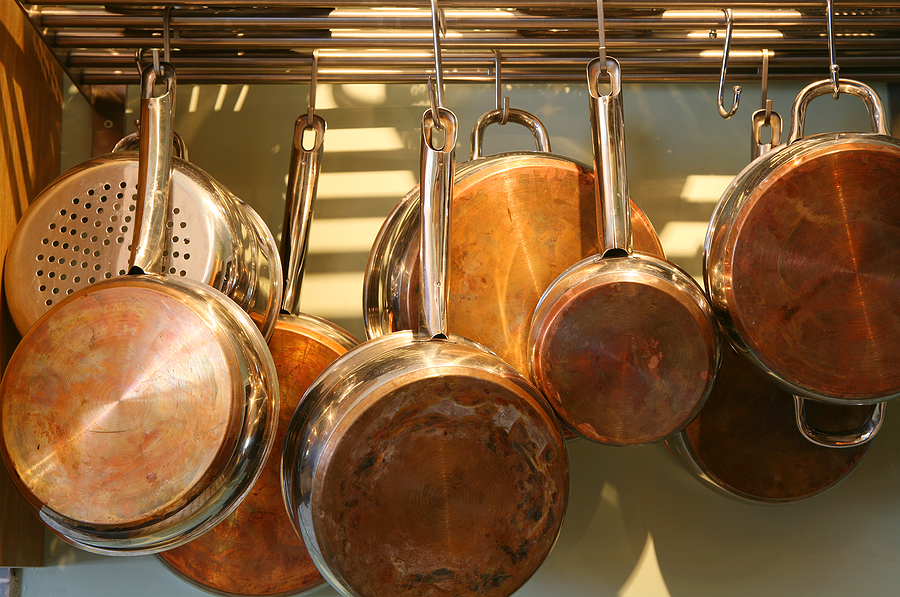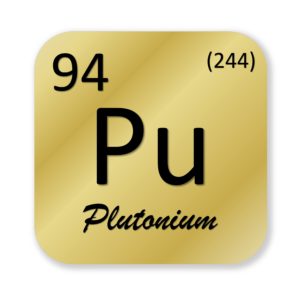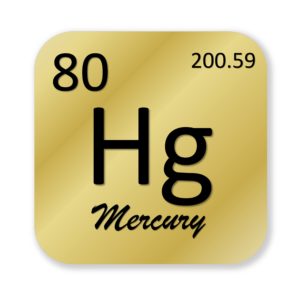The amount of metal used in our society is astronomical on a global scale. That is because metal is a highly-useful and beneficial commodity that can be applied in infinite industries, from automotive manufacturing and construction, to food service, plumbing, electrical, medical equipment, and more. If you are interested in doing your part to preserve our planet’s natural resources and reduce our need to mine for new ores, your best course of action is to start a metal recycling initiative at home and in the office!
Although all metal is 100% recyclable, there are some metals that are easier to come by than others. Continue reading to learn the top 4 easiest metals to get started with when it comes to recycling.

Aluminum
Do you have some food or soup cans laying around? These are likely made from aluminum! If not, they are made of tin, which is also entirely recyclable and reusable. Additional sources of aluminum scrap include car parts, metal patio furniture, mailboxes, sheet metal, bicycles, pots and pans, window frames, and some plumbing fixtures like sinks and faucets.
Steel
Steel is perhaps the number one most recycled metal in the United States. In fact, before Eco-friendly practices were trendy, steel was being recycling regularly. Not only does steel recycle require a fraction of the energy needed to recycle other materials, it does not lose any of its valuable properties in the process. This means steel can be recycled and reused over and over again.
Lead
Lead might not be something we want in our water, but it is something we want to recycle as often as possible. Common sources of recyclable lead include automotive batteries, including batteries for other types of motorized things, like motorbikes, bulldozers, golf carts, scooters, boats, and more. It is important to properly dispose of lead materials by recycling them because it can be harmful to the surrounding environment if leaked.
Copper
The most common sources of copper that can be recycled are electronics and cookware. If you have old pots and pans made from copper, you have a decent freight of recyclable metal. Other sources include anything with a computer or circuit board, as well as, electrical wiring. Some gutter systems and roofing materials are also made from copper, and can be recycled over and over again.
A Trusted Indianapolis Metal Recycling Company That Pays You Cash
Call Zore’s Recycling division at 317-244-0700 to recycle metal in Indianapolis, Indiana for cash. We have been a family owned and operated company for over 75 years, and continue to make customer satisfaction our number one goal in our metal recycling division. And to make recycling easier for you, we offer several customer conveniences at no extra charge! Request a free estimate, today.




